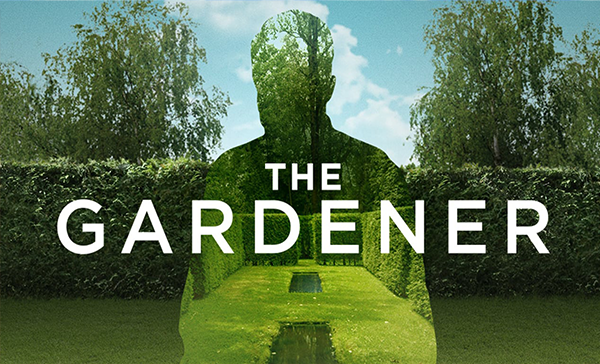
Listen up, J! … “Where were you when I laid the foundation of the earth? … when the morning stars sang in chorus and all the sons of God shouted for joy?”
These are just a couple of the long list of questions asked of Job (Job 38.1). God’s interrogation bursts forth like thunder, breaking His long silence with a clap that seems to drown out Job entirely. It’s easy to view these questions as a harsh sting, as a silencing gavel to Job’s objections, like the response of an exasperated parent putting an end to a child’s clamoring with the trump card of rank: “Because I’m the parent, that’s why!!” It is God as Creator seen something more like God as tyrant.
Our view of God is often a complicated collection of stories, images, memories, and emotions, some of which may well be more accurate - or heightened in our minds for whatever reason - than others. I, too, read God’s response to Job’s pain and queries with the sting of a weary (angry?) parent. It was the counsel of another that helped me ask of the text: what if these words aren’t said irately, but with gentle lament for the created world in the life of even one struggling soul? What if these words respond to both the great pain of creation where it groans in need and the great beauty of creation where it remains a wonder of good?
An elder in the church we served in Florida often spoke about the creation of the world through the lens of gardening. He had grown up an Ohio farm boy, then, after earning a PhD in chemistry, taught at Geneva College … (FYI: Dean & Martha Elwood are famous alums). I remember hearing him simply reading from the creation story. As he read aloud and commented on the story, I began to see his point(s). Genesis chapter 2, the account of creation that Christians and Jews hold as sacred text, says that God planted a garden in Eden to the east … God, the gardener.
I had not considered what such an identity of God might mean to me or to the world around me. Yet, here is one of the first passages in the Bible where we are introduced to who God is - not as a warrior or a judge or king, but first, as a gardener, a nurturer of all life, a protector and planter, a designer, a keeper and pruner concerned with life’s flourishing. My own limited experiences with gardening brought to mind a different set of considerations than I typically thought of God having: delighting in dirty hands, my own investment in the thing I’d planted, the thrill of buds and fruit, the focused attention on emerging life, the compilation and cooperation of so many different factors - frost, rain, sun, compost, and insects - and the pleasure of simply being around things that were thriving. But, God, as a similar kind of gardener, can be traced throughout the Old Testament, in the psalms and in the prophets. Jesus, too, concurs: “I am the true vine, and my Father is the gardener.” (John 15.1).
Such a reading of the world’s creation and thoughts of the Master gardener tending to me, stirred a response similar to David’s … “when I survey this vast world, the work of your fingers, the moon and the stars and all that you have established, what are mortals that you are mindful of them, human beings in whatever state of sadness or joy or smallness that you still care for them?” (Psalm 8).
God as gardener, whose deep concern is life’s flourishing, makes no better a case than in Easter’s undoing of death and our life-union with the resurrected Son. How fitting that the place of the tomb and resurrection is also described as a garden. Even Jesus Himself is mistaken as a gardener on that resurrection morning. The Maker of all creation, the Gardener who tends to His world, carefully continues to make things new.
~ Pastor Mullinax







